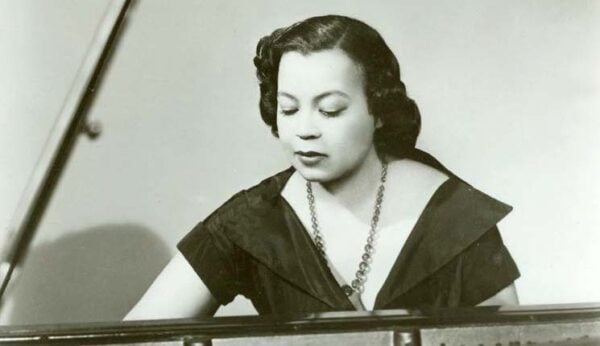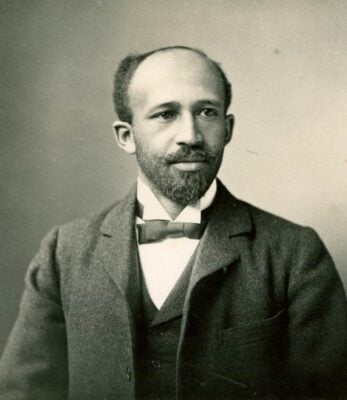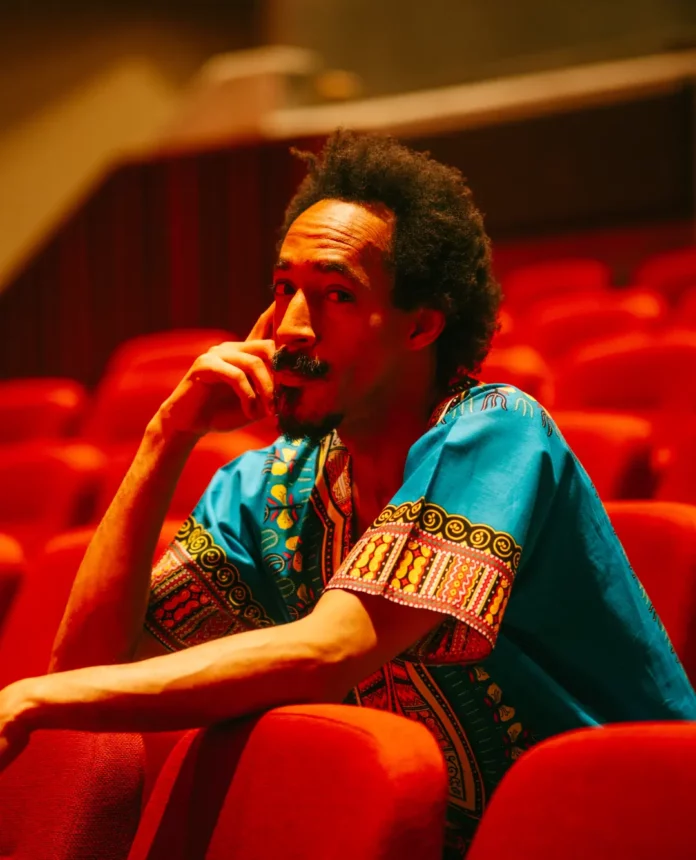As a pianist, music sociologist and researcher, my work extends beyond performance.
It is a deliberate act of historical recovery and relentless efforts to translate social realities into sound so audiences can see, hear, and feel the forces that have shaped our world today. Music is more than melody — it is a living document of struggle, triumph, resilience and identity, and at the Indianapolis Symphonic Choir’s upcoming Voices of the Spirit concert, we are bringing this truth to life and singing truth to power.

At the heart of this program is “Credo,” a choral masterwork by Margaret Bonds, set to the 1904 text of W.E.B. Du Bois. His words — bold, declarative and unflinching — asserted the dignity, faith and worth of Black Americans at a time when their humanity was questioned at every turn. Bonds initially transposed those words into music in 1963, a year that bore witness to the Birmingham church bombing, the March on Washington, and an America still violently resisting Black progress.
Now, in 2025, we stand before audiences, asking a question that demands an honest reckoning: What has truly changed?
Classical music is often experienced passively — people arrive, they listen and they leave. But to truly engage with this art form, to allow it to challenge and move us, we must first understand it. This is why pre-concert talks matter. They frame the music in its historical and social context, providing the audience with the tools to listen deeply — not just with their ears but with their understanding of history.

My role in Voices of the Spirit is to help audiences connect the dots between past and present, using biographical research, historical data, and the power of storytelling to illuminate how Bonds and Du Bois courageously chose to respond to their world — and how their messages still resonate today. Bonds composed “Credo” in the aftermath of one of the most horrific acts of racial terrorism in modern American history.
Today, we perform it in the wake of continued racial violence, systemic inequities, political turmoil and cultural erasure. What does it mean to sing words of faith and unity in a time of division? What does it mean to declare belief in justice when injustice remains? Is the declaration of a belief enough?
Music alone does not answer these questions — but it gives us a place to start.
The decision to program “Credo” is not just an artistic choice — it is an act of intentional recognition and correction. For too long, Black composers have been written out of classical music history — their contributions minimized, their stories erased. The Indianapolis Symphonic Choir is making a necessary statement by centering Margaret Bonds, a composer whose numerous and culturally essential works deserve the same reverence and visibility as her white contemporaries.
Representation matters in the arts, not as a box to be checked but as a necessary expansion of the canon. When we elevate composers like Bonds, we are not just celebrating diversity — we are restoring balance and accuracy to an incomplete history. Nearly 120 years after DuBois penned his “Credo,” we find ourselves living in yet another era of insecurity and uncertainty.
Division is deepening, trust in institutions is eroding, the courage to conspicuously stand for the rights of all people seems lacking and people are searching for meaning, for something that affirms their humanity. This is where music comes in. This is where we have the fortune of looking back and learning from the intergenerational conversation started by DuBois and Bonds to assist in the creation of a better future.
“Credo” is not a passive piece — it is a musical declaration of faith in justice, the sanctity of Black life and the power of unity. It reminds us that despite the hardships and setbacks, we must continue to believe. This belief — a righteous conviction intended to be activated — is as essential today as it was in Du Bois’s time or Bonds’ time. For those who say, “Things are different now,” I invite you to listen — to the music, words and history that still shapes our present. Because if the themes within “Credo” today still resonate among our friends, family and community, then we must ask ourselves: How far have we really come?
And, more importantly — how do we get to where want to be?
Joshua Thompson is a pianist, music sociologist and lecturer recognized nationally for his expertise on classical composers of African descent. A recipient of numerous awards, national fellowships and grants, Thompson received a Challenge America Grant from the National Endowment for the Arts and has completed residencies at the Berklee School of Music in Boston, University of Puget Sound, University of Louisville, Seaside, FL, University of Nebraska Omaha and currently serves as the Creative Partner in Residence with the Indianapolis Chamber Orchestra. A 2019 TED Talk presenter, Thompson is the creator of the award-winning podcast, Melanated Moments in Classical Music, which has a global listening audience in over 2,000 cities and is used as curriculum in colleges and universities. Thompson’s 2024 production “Black Keys: The Evolution of the Black Classical Arts” was awarded an ARTI award from theArts Council of Indianapolis for community partnerships. Joshua has worked and performed with the Indianapolis Symphony Orchestra, the Indianapolis Chamber Orchestra, Pulitzer Prize winning composer, Anthony Davis, New York Philharmonic clarinetist Anthony McGill and legendary operatic soprano, Angela Brown. Connect with him on Instagram.




